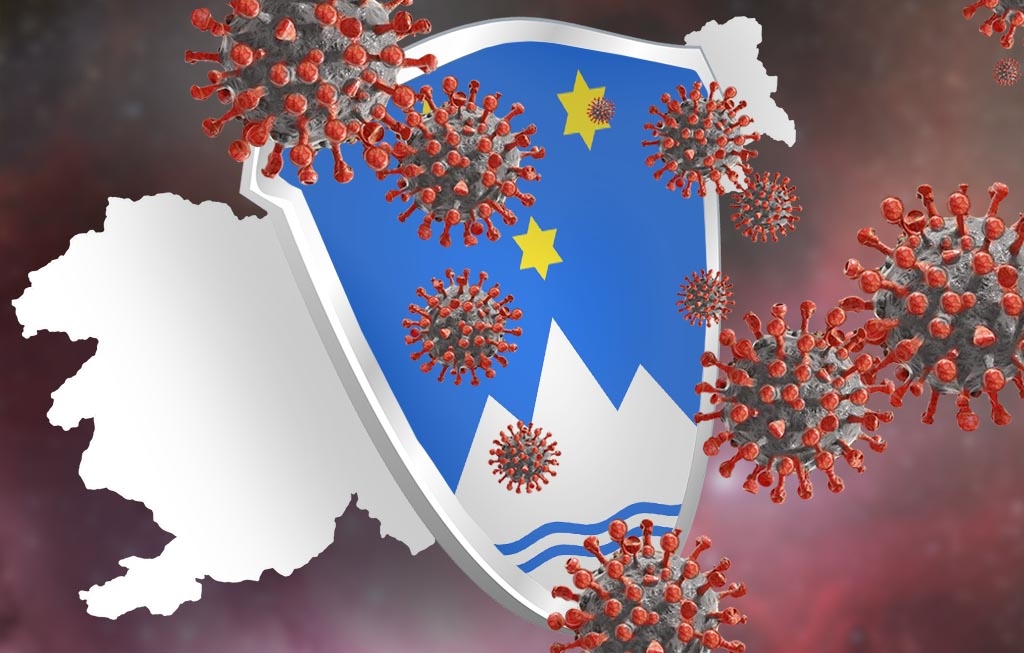Two more deaths related to the new coronavirus in Slovenia were recorded on Friday, putting the death toll at 22. The number of confirmed Covid-19 cases rose by 43 to 977 in a day, the government said on Twitter.
A total of 1,188 tests were performed yesterday. The number of hospitalised persons dropped from 112 to 109, while the number of patients in intensive care rose by one to 31.
According to coronavirus crisis spokesperson Jelko Kacin, ten people were released from hospital on Friday.
The first coronavirus test in Slovenia was conducted on 27 January. Until the first infection was confirmed, 313 tests were performed per infection. Between 4 March and Friday, additional 27.109 tests were conducted.
On Friday, 6,348 members of the civil protection and relief forces were activated to deal with the epidemic, data from the Information Centre show.
Medical staff is warning they are under tremendous pressure and will not be able to keep up like this for much longer. If the functioning of the health system in other areas will be this restricted for long, this could cause more deaths in the long-term than coronavirus, they warn.
Staff in intensive care is particularly burdened. According to Tomaž Vovk, a specialist in dialectology and intensive care, who works with Covid-19 patients at the UKC Ljubljana hospital, doctors are working 12-hour shifts and treat three to four times more patients than normal.
“Another problem is the protective gear. In order to make full use of it, we sometimes work in it for five, six or seven hours without a break, which means we cannot go to the toilet or drink,” he told the STA.
He said the situation was currently still manageable but if the situation continued for a long time, it would become too much to handle. “Everyone who needs intensive care receive it. We have enough time available to treat these patients,” he said.
He welcomed all state measures to contain the epidemic and people’s cooperation. “We do not wish to be in a situation where we would not be able to offer intensive care to these patients and would be forced to chose between patients,” he said.
Epidemiologist of the National Public Health Institute Tit Albreht and GP from the Celje community health centre Katarina Skubec Moćić meanwhile pointed to the needs of citizens who are not infected with coronavirus but have other health problems.
American analyses have shown that if only as many people got ill as the health system can handle then the epidemic would last for 18 months. But if the public health system were thus paralysed for 18 months then other medical conditions and chronic diseases could kill more people than the virus, Albreht said.
Skubec Moćić warned that people have the same health problems as before the epidemic while the accessibility of services was much lower. “The pressure on patients and medical staff is stepping up by the day. I think next three weeks will be crucial to see whether the measures we have adopted were sufficient,” she said.
The virus is not going to simply disappear, so it would make sense to slowly start providing certain health services again in a controlled area, she believes.
On Thursday, Equal Opportunities Ombudsman Miha Lobnik and the association Silver Lining called for extension of the time slot reserved for those most at risk from 8am to noon.
The government amended the decree at today’s correspondence session and the new version was already published in the Official Gazette.

